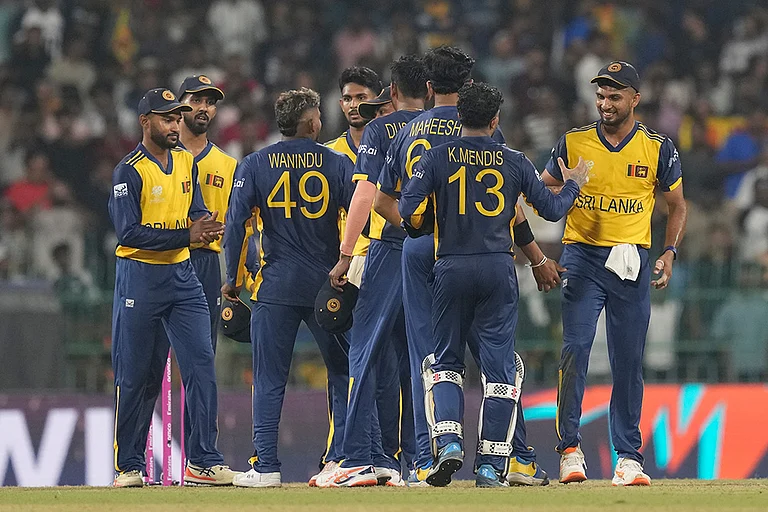First, what should be the role of industry chambers in forming economic policy and whom do they represent? Surprisingly, almost no thought has been given to this. National industry chambers like the CII, FICCI and ASSOCHAM typically represent large private sector companies in manufacturing, accounting for only about 2 per cent of the economy. Irrespective of their membership roster, by no means do they represent the small-scale, unorganised, service, public, cooperative and farming sectors. These players either go largely unrepresented at the national level or seek to influence policy through more narrowly-focused groupings, such as the Electronic Components Manufacturers' Association, National Seeds Association and All India Plastic Manufacturers' Association. Further, small and medium-sized private companies are, typically, suppliers and vendors to big corporates and are forced to assume a subsidiary role in chamber matters. Industry chambers also, most certainly, do not represent consumers. So if the Indian economy were to consist of Rs 100 of production and an (equivalent) Rs 100 of consumption, the CII's "voting share" in forming public policy, which is intended to maximise public good, ought to be just 1 per cent!
This is of course a simplistic argument, and national industry chambers in any country have a natural influence over economic policy debates. But the important lesson here is to recognise that the CII and FICCI represent vested interests, and that what is good for them is not necessarily good for the country as a whole. Industry chambers are neither pro nor anti-reform, neither progressive nor protectionist. They can be both, depending on the issue. They may sponsor research, conduct training workshops and organise international conferences, but that is just a thin veneer of sophistication and professionalism which has been carefully and strategically nurtured. They are lobby groups, plain and simple, and there is absolutely nothing wrong with that as long as lobbying is done openly and within the law. Indeed, it is a legitimate part of competitive democracy. However, it is important to recognise that the CII speaks for itself, and not for the nation. Economic reforms are not by, of and for the CII. They are by, of and for you and me. At times our media also forgets this obvious truth and gets seduced by fancy prefaces to CII annual meetings such as "the national agenda".
The second lesson from this episode is this: the base of ideological change in favour of economic reforms and a more liberal society is still very fragile. If a single press interview by one employee of just one amongst many industry chambers can produce so much churning, heartburn and rethink on fundamental policy issues, imagine what will happen if, for some reason, Mammohan Singh were to speak out against reforms. The messenger is to be applauded, but the message is still more important. What India
needs is to build institutional mechanisms where important issues can be debated by a large cross-section of the people, these opinions synthesised into final policy and a minimum period of commitment made for any policy to work. One option is to hold referendums on important issues, where competing interests can have equal opportunity to lobby for or against.
This logically takes us to the third important lesson: socially optimal solutions will still elude us unless we have an open system of governance, and where the average person is empowered with both a right to vote on critical issues as well as the knowledge about these issues. Unless both conditions are met, back-room operators and populist demagoguery will continue to distort sensible policymaking, and India will continue to walk an unstable and muddled path of economic progress. In India, we popularly call this confusion the 'middle-path', where we hedge our bets and retain the option of going either way. If foreign investors really wish to min-imise political risk and policy uncertainty in India, then they ought to be lobbying to scrap the Freedom of Information Act and to increase state funding of education. If domestic companies really wish to get out from the clutches of politicians, they should push to have SEBI-like guidelines for political parties where election manifestos are treated much like a public issue prospectus, where election promises are audited by a neutral board of observers, and risk perceptions and costs are detailed.
Different people will probably draw different conclusions from this controversy. CII members perhaps wish Tarun Das had followed democratic norms and consulted them before going to the press, the government perhaps now regrets that it ever allowed the CII to become so important, and TNCs will perhaps realise that they still cannot let their guard down in India. As valuable as all these micro-lessons are, it will be a shame if the larger picture still continues to elude us.
(Subhash Agrawal is an internatio -nal business strategy consultant.)


























